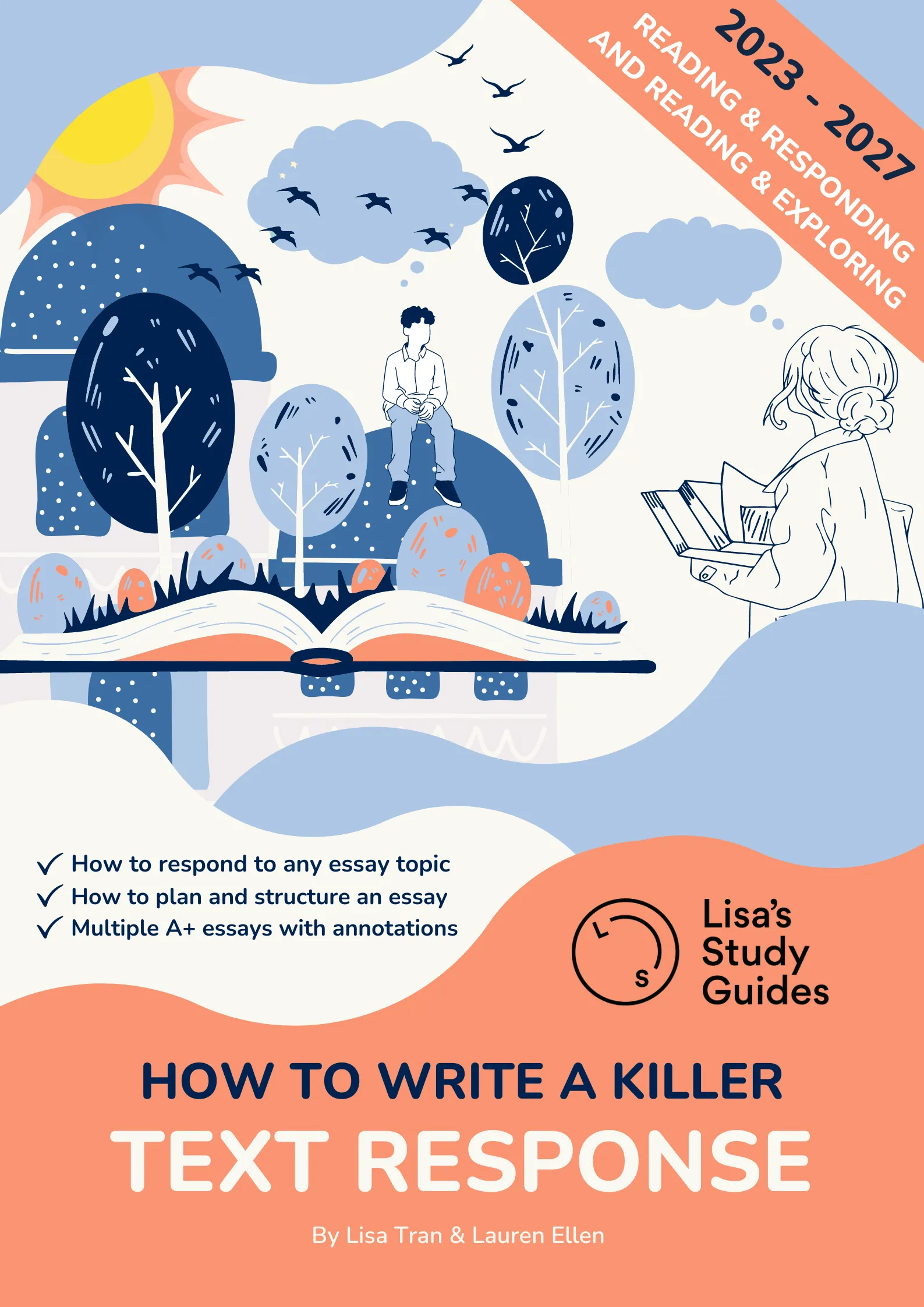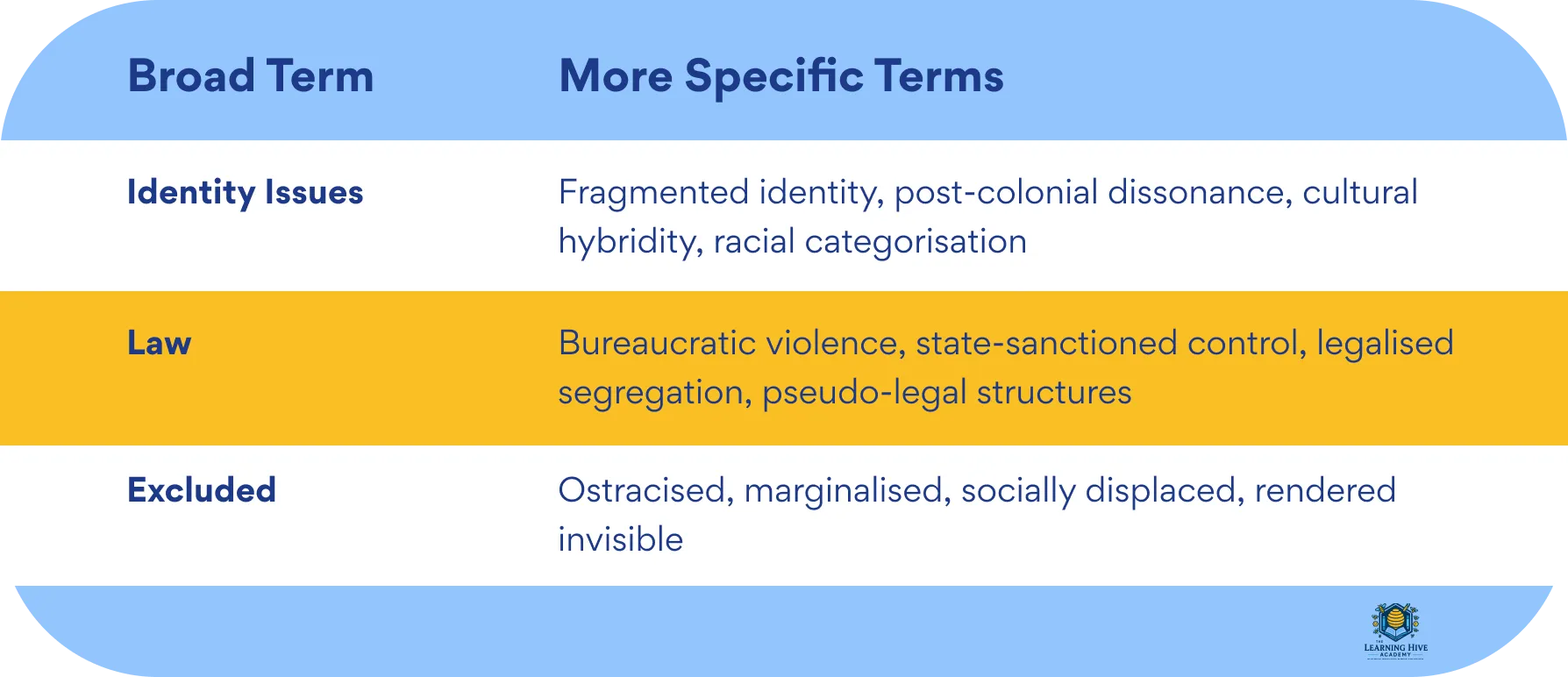Whether you revel in the ideas and intricacies of poetry or could not think of anything more monotonous to read, grab a tea (or coffee if it’s one of those nights), your favourite late-night snack, and prepare to be amazed by just how simple it is to absolutely NAIL a poetry essay.
Don’t worry, I know that same overwhelming feeling when poetry can seem as if it’s not even in English, but I can ensure you, learning how to write a poetry essay is like learning to ride a bike…. Once you wrap your head around it you’ll be cruising!
To make these tips even more practical, we’ll be focusing on John Donne’s poetry in relation to the topic below:
‘Donne’s poetry explores the many aspects of human experience.’ Discuss.
1. Start off with a bang!
I’m sure you’ve heard it before… your introduction sets the tone for your essay and this could not be more true. A shallow introduction is like missing the start of your running race, or even worse arriving at a party just before it ends! You’ll just have so much catching up to do! Without being overly hyperbolic, here are a four essential tips that will ensure your assessor sees you as a high-scoring student right from your first sentence.
- Answer the question in your first sentence (even if it is in a broad manner) and always link back to the essay topic – this will show the assessor that you are answering the question given rather than presenting them with a sneaky memorised essay!
- Utilise the right terminology when outlining the type of poet and era they wrote in (i.e. metaphysical poet, Renaissance era, during the reign of Queen Elizabeth)
- Outline the main poetic techniques for which the poet is known for (i.e. playful wit, rich imagery, language, challenging intellectual argument) as well as the ideas and values they endorse (i.e. elevation of reciprocal love, belief in the resurrection of Christ, celebration of eternal life)
- Wow your assessor with unique vocab (i.e. illuminate, emanate, meditate)
And here’s a sample introduction to help you even more:
John Donne’s anthology, “Selected Poetry” illuminates the human condition and thus provides much commentary on life and death. A metaphysical poet of the Renaissance era, Donne combines a playful wit, rich imagery, and perhaps most importantly language, to challenge intellectual argument and celebrate various aspects of sexual desire, mutuality and faith. Immersed in the Christian traditions of his time, Donne’s exploration of Death emanates from the Elizabethan acute awareness of the brevity and vanity of human life; however, with his sensual elevation of reciprocal love and his deep spiritual belief in the resurrection of Christ, Donne meditates upon his belief and celebration of eternal life.
2. Strong topic sentences are Crucial (with a capital C)
Time and time again students fall into one of two traps. They either try to start each paragraph with a lengthy (and often beautiful) phrase trying to encapsulate every idea they plan to introduce in the paragraph. Or on other occasions, they have no introductory sentence and instead launch straight into their poetry analysis. Your assessor may be blown away with your A+ worthy introduction and then reach this weak opening to your paragraph and have to reconsider! Your topic sentence is the frame for the whole paragraph so please, keep it clear, succinct, and relevant to the essay question.
Here are three ‘DOs’ and ‘DON’Ts’ to consider when crafting one of the most important sentences of your essay (again, sorry about the drama!)
- DON’T mention the poem you will use as evidence in your topic sentence
- DO answer and link directly to the essay topic
- DO use linking words to link the ideas in different paragraphs
And here are three STRONG topic sentences for each paragraph of this essay (note how I always link back to the topic of human experiences and link ideas between paragraphs)
- Rewriting the conventional trope, Donne’s oeuvre explores the joy of erotic love and ones’ lustful desire to engage in these sexual experiences.
- While much of Donne’s oeuvre comments on the pleasure of carnal experiences, his more harmonious poems reveal the beauty of relationships in which one can experience a deep sense of mutuality and stability.
- Silhouetted against the backdrop of the Elizabethan reign, Donne’s more metaphysical poems demonstrate the struggle of the process of dying and individual corruption, and the manner in which it leads to the acquirement of God’s love and grace.
3. Organise paragraphs by IDEAS
What makes a poetry essay so unique is that your paragraphs are based on broad ideas rather than the motifs and behaviours of characters in novels. This means that when planning your essay you must ensure that each paragraph has only one idea and that each paragraph is based on a different idea. From there you can work out which poems best represent each concept to work out which poems you will use for each paragraph. This is why I love poetry essays as planning for them is so easy! All you have to do is think of three or four different ideas for the essay topic and then find your textual evidence by working out which poems best reflect these ideas…. Simple! Right?
Here are the three ideas that I plan to discuss in each of my paragraphs of this essay as well as the poems I would use:
- Sexual/physical human experiences
- ‘Elegy 19: To His Mistress Going to Bed’ & ‘The Flea’
- Mutuality and reciprocity as an experience/element of spiritual love
- ‘A Valediction: Forbidding Mourning’
- The innately human experience of dying and being embraced by God in heaven
- ‘Hymn to God My God in My Sickness’
4. Analyse, not summarise
If there was one thing that was playing in my head over and over while writing a poetry essay it was ‘analyse, not summarise’. It is so easy to fall into the trap of simply summarising the poetic techniques and language of the different poems rather than analysing their meaning and linking this directly to the essay question. Even if you have the best plan and ideas going for you, if an assessor notices you going into summary mode they’ll assume you’re just rewriting a memorised essay rather then answering the exact essay question given…. DISASTROUS! To prevent this utter catastrophe, I urge you to please, link to and answer the specific essay topic EVERYTIME you introduce a new poetic technique/piece of evidence. Verbs such as demonstrates, elucidates, illustrates, exemplifies, illuminates and augments are ‘must haves’ in your poetry tool-box as they will ensure that you are analysing not summarising.
Here is a sample paragraph for you to consider (notice how I always link back to the idea of mutual/reciprocal love and experiences every time I introduce a new poetic technique or quote)
While much of Donne’s oeuvre comments on the pleasure of carnal experiences, his more harmonious poems reveal the beauty of relationships in which one can experience a deep sense of mutuality and stability. The poem, ‘’A Valediction: Forbidding Mourning’’ explores the sense of security and harmony which spiritual love and experiences permit. Adopting a hush, reverent tone manifested by the use of sibilance, through the enjambment of the phrase ‘’Dull sublunary lovers love, / (Whose soul is sense) cannot admit / Absence’’, Donne elevates mutual love to a higher plane, one that transcends the lines of poetry. When accompanied by the stability of the ABAB rhyme scheme that works to echo the couple’s settled love, this presents the experience of reciprocity and mutuality of love to be higher than the dull and earthbound nature of love that is solely physical. Hence, Donne reveals the bliss that mutual love permits mankind, given it eclipses the desire for any form of physicality. Further elucidating the strength of mutual love, Donne illuminates how when couples are separated it is ‘’not yet a breach, but an expansion’’, thus celebrating the manner in which deep, reciprocal love not only eclipses the divisions of the clock but how it expands ‘’like gold to airy thinness beat’’ when separated. By connoting spiritual love to the pure and malleable nature of gold, this simile characterizes mutual love to be the prime of human experiences and relationships. Intertwining the elegant conceit of a compass to represent the love that connects the speaker and his mistress, Donne garners the notion that no matter how far ‘’one doth roam’’ the intellectual bond between the couple will remain ‘’firm’’ and enable the pair to overcome any form of physical separation. Hence, Donne illuminates the complex and impermeable bond that this serene form of human experience can foster.
5. Vocab and metalanguage are the easiest ways to SHINE
To say it plainly, writing with unique and refreshing vocabulary is enough to send your grade SOARING. It will not only render your ideas and discussion ever more complex, but has the power to enlighten and stimulate your assessor (and this is something we all want to do… right?). Utilising the correct poetic metalanguage every time you introduce a new quote or line of poetry will ensure that your analysis remains both specific and detailed. As seen in the paragraph above, discussing the poetic techniques provided me with another form of evidence (rather than just the quotes from the poem) to elucidate how these different forms of human experience are illustrated in each of Donne’s poems.
To assist you further, here is some metalanguage for the poetic techniques and structures that frequent John Donne’s poetry:
- Sibilance, alliteration, imagery, paradox, conceit, metaphor, simile, personification, rhyme structure, tone, volta, enjambment, metre (i.e. iambic pentameter, trochaic tetrameter), monosyllabic phrasing
- Stanza, verse, quatrain, cinquain
6. Finish with a jaw-dropping conclusion
A mediocre conclusion is like leaving your assessor with an unpleasant aftertaste that unfortunately, will not go away. So please, finally give your conclusion the attention it deserves and follow these five tips to ensure you leave your assessor waiting for that mic to drop!
- Pan out to the broad, abstract ideas that the poet wrestled with
- Discuss the aspects of the poet that set them apart from other poets at the time (i.e. for John Donne that is his intellectual imagery, arresting voice, wit, fusion of passion and logic and the manner in which he challenged intellectual argument and strongly held societal conventions)
- Short and sweet not long and wordy!
- Reinforce the period and society in which the poet wrote
- You can include a secondary quote if you want, however only if it relevant to the essay topic and ideas you discussed
Here is a sample conclusion to assist you:
Railing against the societal value of religion prominent during the reign of Queen Elizabeth, the originality of Donne’s ideas about love, death and God along with his strikingly intellectual imagery and rich language incite and interest his more religious readership of the joys of sexual, mutual and religious experiences. The poet and playwright Ben Jonson once wrote that John Donne ‘’was the first poet in the world in some things.’’ Hence, it is through his witty and authentic form of expression that Donne allows us to reflect on and celebrate precisely what it means to be human.






.webp)
%2520(1)%2520(1).webp)
%2520(1)%2520(1)%2520(1).webp)
%2520(1).webp)
%2520(1).webp)
%2520(1)%2520(1)%2520(1).webp)
%2520(1)%2520(1)%2520(1).webp)
%2520(1)%2520(1).webp)
%2520(1)%2520(1)%2520(1).webp)
.webp)
%2520(1).webp)
%2520(1).webp)
%2520(1).webp)
%2520(1)%2520(1)%2520(1)%2520(1).webp)
%2520(1)%2520(1)%2520(1).webp)
.webp)






.jpeg)

.jpg)